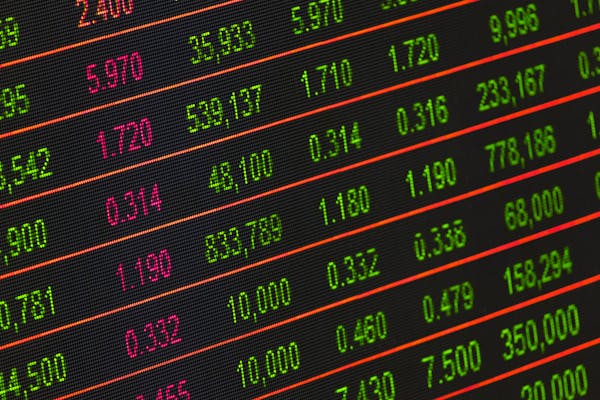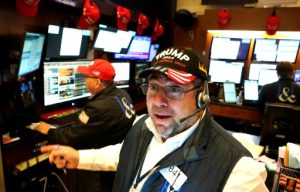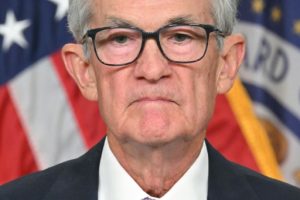
Tesla stock surged in early Wednesday trading, poised for its most robust post-earnings reaction in four years. This followed the electric-vehicle producer’s reassuring update on its core carmaking business strategy. Despite posting a weak first-quarter earnings report on April 23, with net income dropping nearly 55% from a year earlier to $1.13 billion and revenue sliding 8.7% to $21.3 billion, Tesla pledged to introduce a new range of cars within the next year.
The company’s commitment to its traditional carmaking roots alleviated investor concerns about a shift toward a business model focused on autonomous driving, robotics, and AI-related technologies. This assurance, coupled with a shareholder-friendly conference call led by Chief Executive Elon Musk, drove a surge in Tesla stock during after-hours trading.
Musk highlighted the company’s updated future vehicle lineup, accelerating the launch of new models to potentially start production as early as late 2025. He emphasized that these new vehicles, including more affordable models, would utilize aspects of both the next-generation platform and the current platforms, enabling production on the same manufacturing lines as the current vehicle lineup.
However, Musk also stressed that valuing Tesla solely as an automotive company was “fundamentally wrong,” suggesting that the company’s long-term ambitions extended beyond a new lineup of lower-priced EVs. He asserted that Tesla should be considered an AI or robotics company, emphasizing the importance of solving autonomy for the company’s future success.
This shift in focus has prompted analysts to reevaluate their Tesla valuations, as much of the future outlined by Musk relies on technologies and assembly structures that are not yet established. UBS analyst Joseph Spak, for example, lowered Tesla’s price target to $147 a share, citing caution regarding the company’s near-term viability despite addressing the ultimate bear case with a new, lower-cost product.
On the other hand, B of A Securities analyst John Murphy upgraded Tesla to a buy rating from neutral, with a $220 price target, noting that Musk’s delivery forecast and wider AI and robotics ambitions had revitalized the growth narrative. Similarly, Wedbush analyst Dan Ives praised Musk for laying the foundation for Tesla’s growth strategy, but lowered the price target to $275 a share, emphasizing the need for flawless execution.
Overall, while Tesla faces challenges in delivering on its growth strategy, analysts and investors remain optimistic about its long-term prospects, particularly with Musk’s tighter control and a roadmap for a lower-cost vehicle in place.






